LATVIJA.FM
How Riga Became a Center for Blockchain Development
Long known for its medieval skyline and Art Nouveau charm, Riga has in recent years taken on an unexpected new role—as one of Northern Europe’s rising hubs for blockchain development. A blend of tech-savvy talent, regulatory flexibility, and a growing ecosystem of startups has transformed Latvia’s capital into a launchpad for digital innovation. Behind the cobblestone streets and historic facades lies a city quietly shaping the future of decentralized finance, token economies, and smart contract systems.
From Coding Circles to Crypto Startups
Riga’s blockchain journey began not in government offices or corporate boardrooms, but in basements, university lecture halls, and after-hours coding circles. In the mid-2010s, Latvian developers who had already built a strong reputation in cybersecurity and fintech began exploring decentralized ledger technology. What started as curiosity quickly matured into entrepreneurial ventures. Events like hackathons, Bitcoin meetups, and university seminars began to shape a local vocabulary for blockchain. Riga TechGirls and TechHub Riga played key roles in cultivating the early blockchain culture—connecting coders, thinkers, and future founders. By 2017, when the global ICO boom brought blockchain into the mainstream, Riga already had a foundation of talent and ambition ready to respond.
A Regulatory Climate That Encouraged Experimentation
Latvia’s approach to blockchain regulation has been neither aggressively permissive nor excessively restrictive—a balance that attracted international attention. The absence of early overregulation allowed startups to explore use cases ranging from decentralized finance (DeFi) to digital identity without suffocating legal barriers. At the same time, Latvia remained aligned with EU standards, giving developers clarity and access to the broader European market. Institutions such as the Financial and Capital Market Commission (FKTK) have been generally receptive to dialogue with innovators, offering guidance rather than crackdown. This balance helped create a sandbox-like environment, encouraging projects to launch from Riga while remaining compliant with international frameworks.
Blockchain Meets Latvia’s Tech Tradition
Latvia has long punched above its weight in digital innovation. Its engineers helped shape the backbone of Skype, and Latvian companies have contributed to breakthroughs in biometric technology, encryption, and cloud services. Blockchain simply became the next chapter. Riga’s universities—especially the University of Latvia and Riga Technical University—introduced courses in distributed computing and cryptography, fueling a steady stream of homegrown talent. Latvian design sensibilities, shaped by a mix of precision and minimalism, also found their way into user-facing blockchain products. Wallet interfaces, blockchain explorers, and NFT marketplaces developed in Riga stood out not only for functionality but for aesthetics—a rarely acknowledged strength of the local scene.
The Rise of Blockchain Startups and Use Cases
By the early 2020s, a new wave of blockchain startups began calling Riga home. Some focused on DeFi infrastructure, while others tackled tokenized real estate, green energy credits, or blockchain-based voting systems. Projects like Gravity, which aimed to simplify blockchain integration for businesses, or Woinn—a Latvian startup exploring blockchain applications in healthcare—showed that Riga’s blockchain ambition extended beyond speculative tokens. Collaboration with Baltic neighbors also strengthened the scene, positioning Riga as a strategic node between Tallinn’s digital governance and Vilnius’s fintech leadership. The resulting synergy made it easier for teams to scale regionally while maintaining an agile base in Latvia.
Government and Institutional Support Takes Shape
Initially, blockchain’s rise in Riga was largely grassroots, but over time, institutions began to take note. The Investment and Development Agency of Latvia (LIAA) started highlighting blockchain firms in its tech promotion materials, while industry events such as TechChill and Digital Freedom Festival began giving blockchain a more prominent stage. Some municipal programs began to pilot blockchain-backed transparency tools in procurement and public records. Even the Bank of Latvia explored blockchain’s implications for digital currency. While the Latvian government remains cautious about adopting crypto-assets in public finance, it has consistently signaled openness to the underlying technology—especially in fostering data transparency and digital trust.
A Future Decentralized—But Centered in Riga
Riga’s blockchain ecosystem is no longer just a novelty or fringe experiment. It’s a growing force that aligns with the city’s broader digital transformation strategy. As Web3 technologies mature and trustless systems become mainstream, Riga finds itself with a competitive edge: a tech-native generation, a nimble entrepreneurial scene, and a cityscape where past and future coexist. Whether in heritage buildings repurposed as startup hubs or sleek new offices hosting blockchain researchers, Riga continues to merge innovation with identity. Its journey from digital underdog to blockchain center is a story not just of technology, but of vision, community, and resilience.
